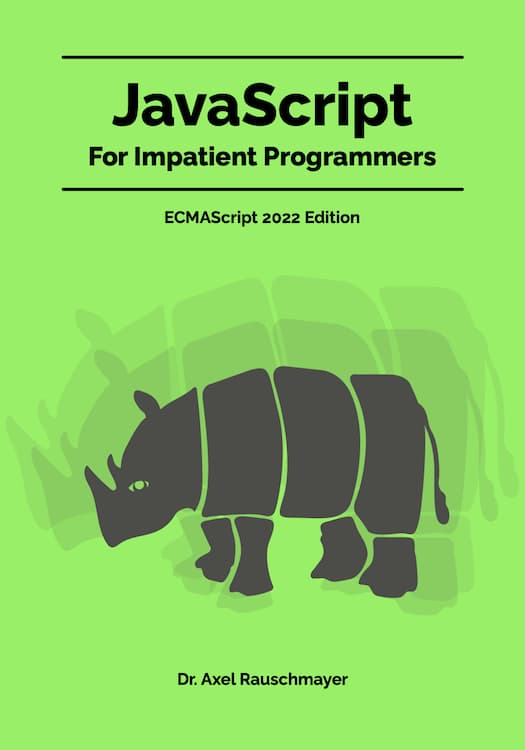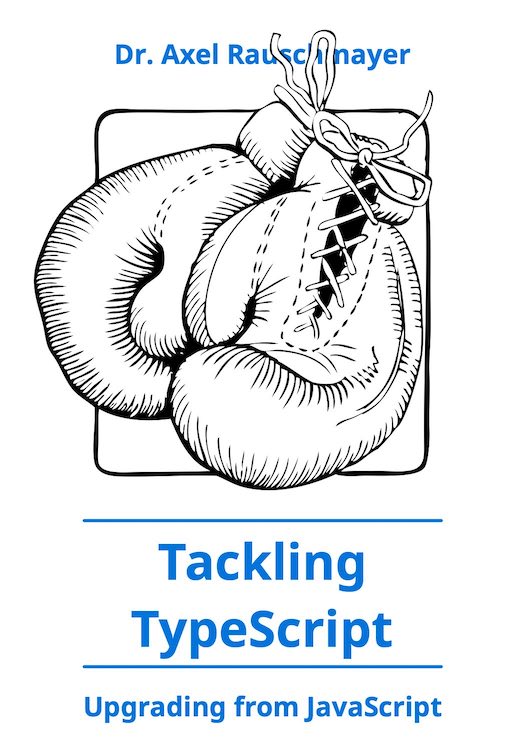test262 – ensuring that JavaScript implementations comply with the ECMAScript specification
[2011-07-28] dev, javascript, jslang
(Ad, please don’t block)
With so many JavaScript implementations out there, how do you guarantee that all of them stay true to ECMA-262 (the ECMAScript language standard)? The answer is test262, a suite of tests to be run by an implementation. Quote from the test262 website:
What is test262? test262 is a test suite intended to check agreement between JavaScript implementations and the ECMA-262 Specification (currently 5th Edition). The test suite contains thousands of individual tests, each of which tests some specific requirements of the ECMAScript specification.A press release [2] has more details:
For the first time, Ecma will publish a standardized test suite for the latest version of ECMA-262 edition 5.1, known as Test262. Via this suite, developers will be able to test how closely implementations of ECMAScript follow the specifications in ECMA-262 edition 5.1. The test suite will be published as an Ecma Technical Report and will be made available to developers via the normal Ecma distribution channels and http://test262.ecmascript.org/. The test suite will be released in increments with the first version planned for December 2011 and updates provided later.A Microsoft blog article [1] (which pointed me to the press release) has a neat idea for running test262 faster:The test suite has been created by the Ecma Technical Committee 39, with committee members including Mozilla, Microsoft, Google and many others helping to make the suite a resource that helps developers provide fine-tuned feedback on support for the standard.
Over 10,000 tests cover the specification today. Test suites are an integral part of the process needed to create interoperable cross-platforms standards.
You can use Web Workers to run test262 even faster. To demonstrate the promise of Web workers to make the Web faster overall, we’ve published a test drive that runs the tests from the standards body using Web workers.Structure of the tests. The test infrastructure currently seems a bit complicated: A JSON “table of contents” file points to files such as the following:
{"testsCollection":{"name":"Chapter - 11.11_Binary_Logical_Operators",
"numTests":"32","tests":[{"code":"RVM1...
The string value of code is Base64-encoded data that looks as follows:
ES5Harness.registerTest( {
id: "S11.11.1_A1",
path: "TestCases/11_Expressions/11.11_Binary_Logical_Operators/11.11.1_Logical_AND_Operator/S11.11.1_A1.js",
assertion: "White Space and Line Terminator between LogicalANDExpression and \"&&\" or between \"&&\" and BitwiseORExpression are allowed",
description: "Checking by using eval",
test: function testcase() {
//CHECK#1
if ((eval("true\u0009&&\u0009true")) !== true) {
$ERROR('#1: (true\\u0009&&\\u0009true) === true');
}
Related reading:





